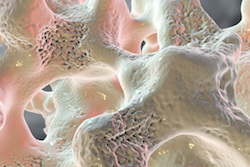Higher rewards for greater efforts in nursing
A popular worldwide stress model known as the effort-reward imbalance (ERI) model examines adverse health effects of high effort - low reward conditions in the workplace. According to this model, a low reciprocity between efforts and rewards in such a fundamental societal environment such as the workplace, can lead to a state of emotional distress. Consequently, it may also result in adverse health conditions. These are major issues involving the nursing profession which has high emotional, physical and quantitative demands. Reward can take the form of pay, recognition, respect and public image as well as opportunities for career development and job security. Under these auspices, the NEXT project examined the degree of perceived effort and reward in various health care settings using data from 24,328 nurses from seven countries. More specifically, it analysed the effect that effort-reward imbalance has on the nurses in relation to physical and psychological health and the intention to exit the nursing profession. Many important findings were derived. For example, the effort-reward imbalance is tied to an increased risk of poor physical and psychological health in nurses. Additionally, distress in nursing is not only a consequence of more intense demanding work but also of a lack of reward. Although the differences varied greatly among countries, it is clear that rewards in nursing need to be in the forms of esteem and status control as well as financial reward. Nurses will thus be more likely to have a higher retention rate and greater work commitment.







